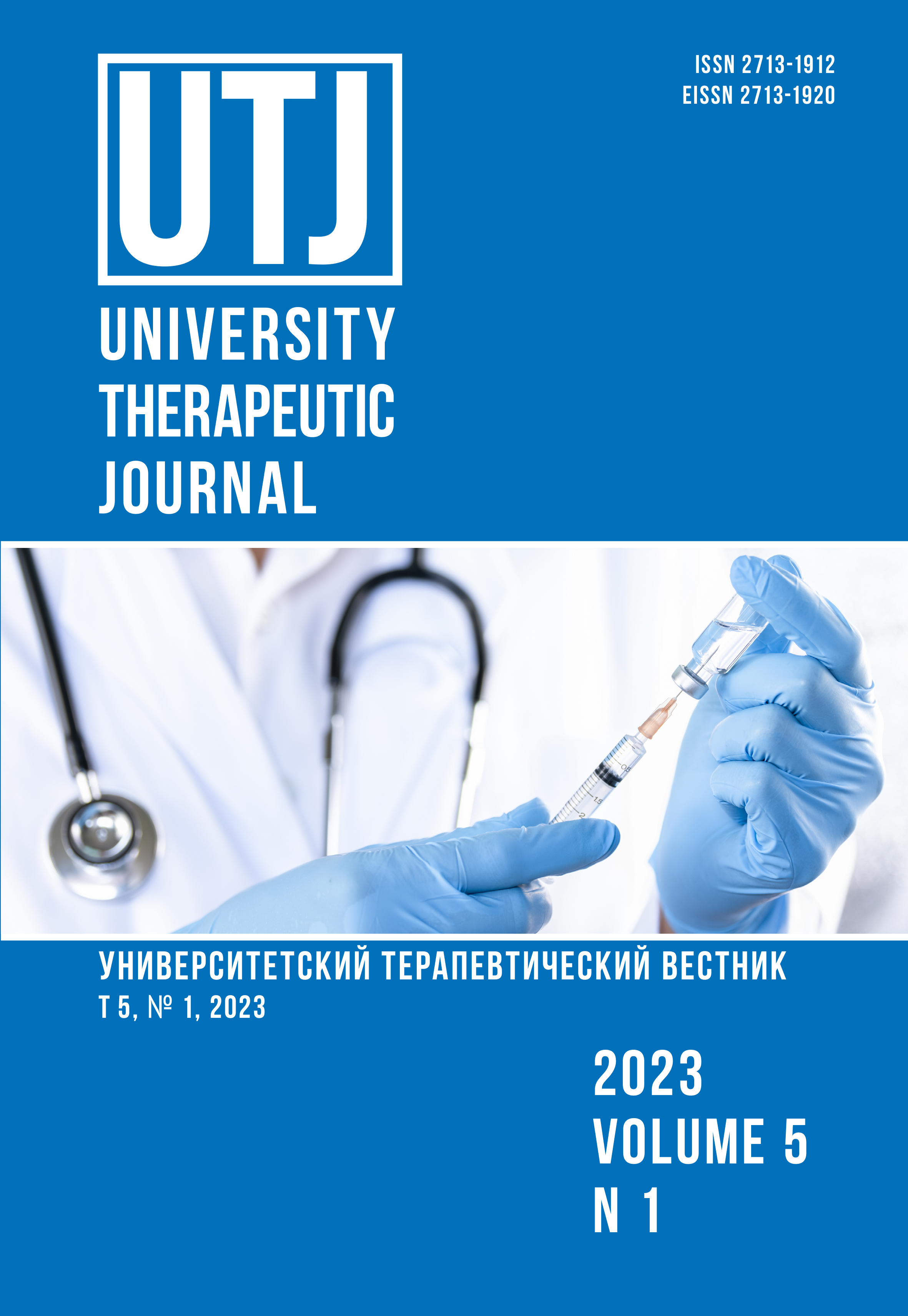ACUTE CEREBROVASCULAR ACCIDENT IN COVID-19
Abstract
Most commonly, COVID-19 presents as a respiratory disease, but a growing body of clinical evidence shows that neurological symptoms and complications make a significant contribution to the clinical spectrum of the disease. The public health impact of long - term (or even life - long) consequences of the disease may be much greater than the acute manifestations of SARS-CoV-2 infection. The wide range of neurological manifestations of COVID-19 includes acute cerebrovascular events such as ischemic stroke, hemorrhagic stroke, and cerebral venous thrombosis in relatively young and previously healthy patients. COVID-19-associated acute cerebrovascular accidents are related with hypercoagulable and prothrombotic conditions. Neurological symptoms and complications of COVID-19 do not necessarily require direct infection of structures in the central nervous system, but may occur secondary to a severe systemic reaction to SARS-CoV-2 infection outside the nervous system. The neurotoxicity of SARS-CoV-2 infection may be secondary to immune - mediated pathogenesis and coagulation dysfunction. To identify the optimal strategies to prevent the long - term disabling consequences of COVID-19 and substantiate the therapeutic choice, it is necessary to study the pathophysiological processes and conduct clinical trials.


